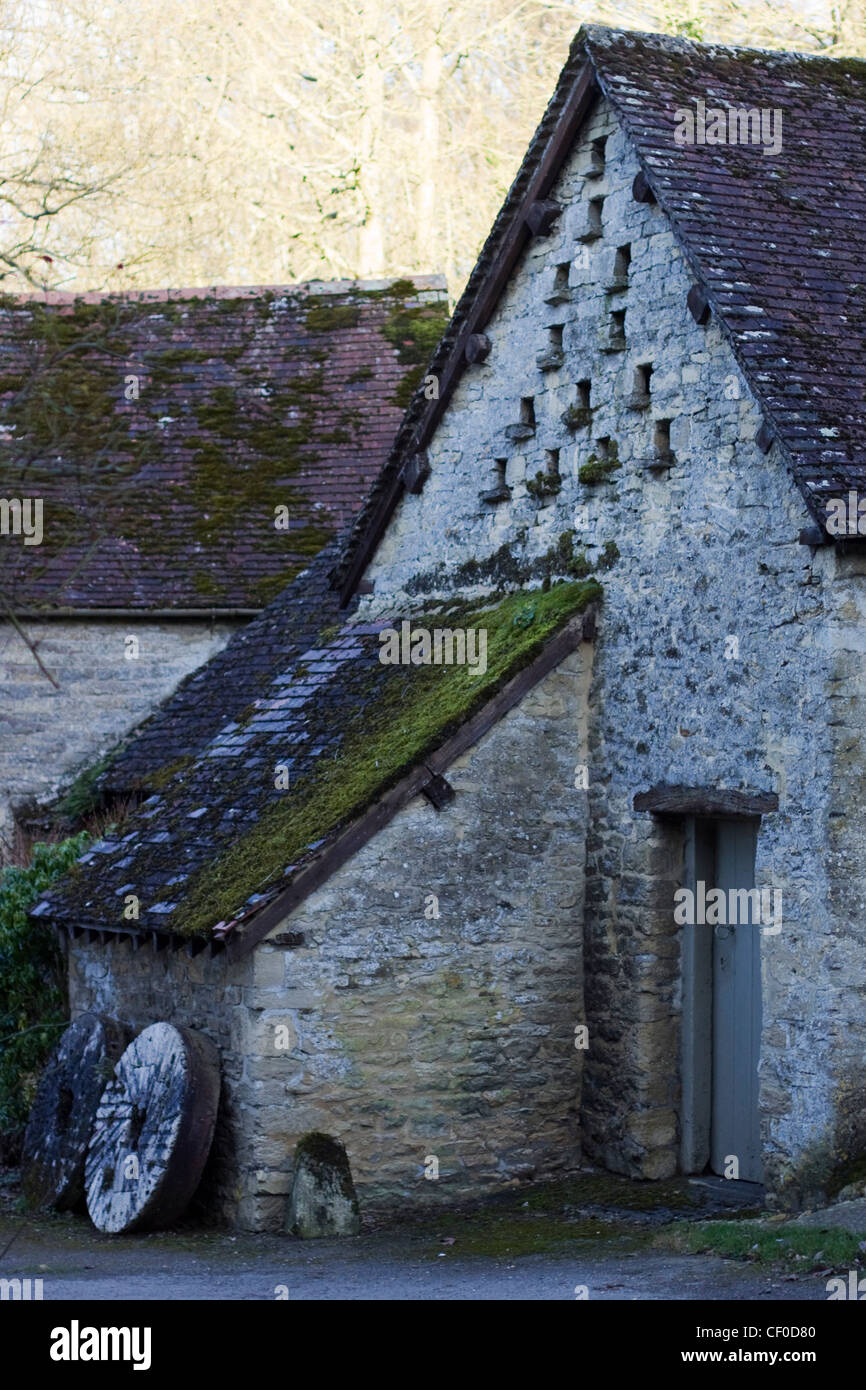
Bibury in the Cotswolds, an Area of Outstanding Natural Beauty Stock Photo Alamy
In recognition of it's rich, diverse landscape it was designated an Area of Outstanding Natural Beauty (AONB) in 1966. It is now a protected landcape ensuring the character and qualities that make it special are protected for us all to enjoy. There are 46 AONBs, but the Cotswolds is the largest, covering 790 sq miles over five counties.

Cotswolds, Area of Outstanding Natural Beauty (AONB), England » Buildings » Wallpapers Zone
The Cotswolds has been an Area of Outstanding Natural Beauty (AONB) since 1966 which runs through 5 counties (Oxfordshire, Gloucestershire, Warwickshire, Worcestershire, and Wiltshire). The area was developed during the medieval wool trade and is the second largest protected area after the Lake District in England.
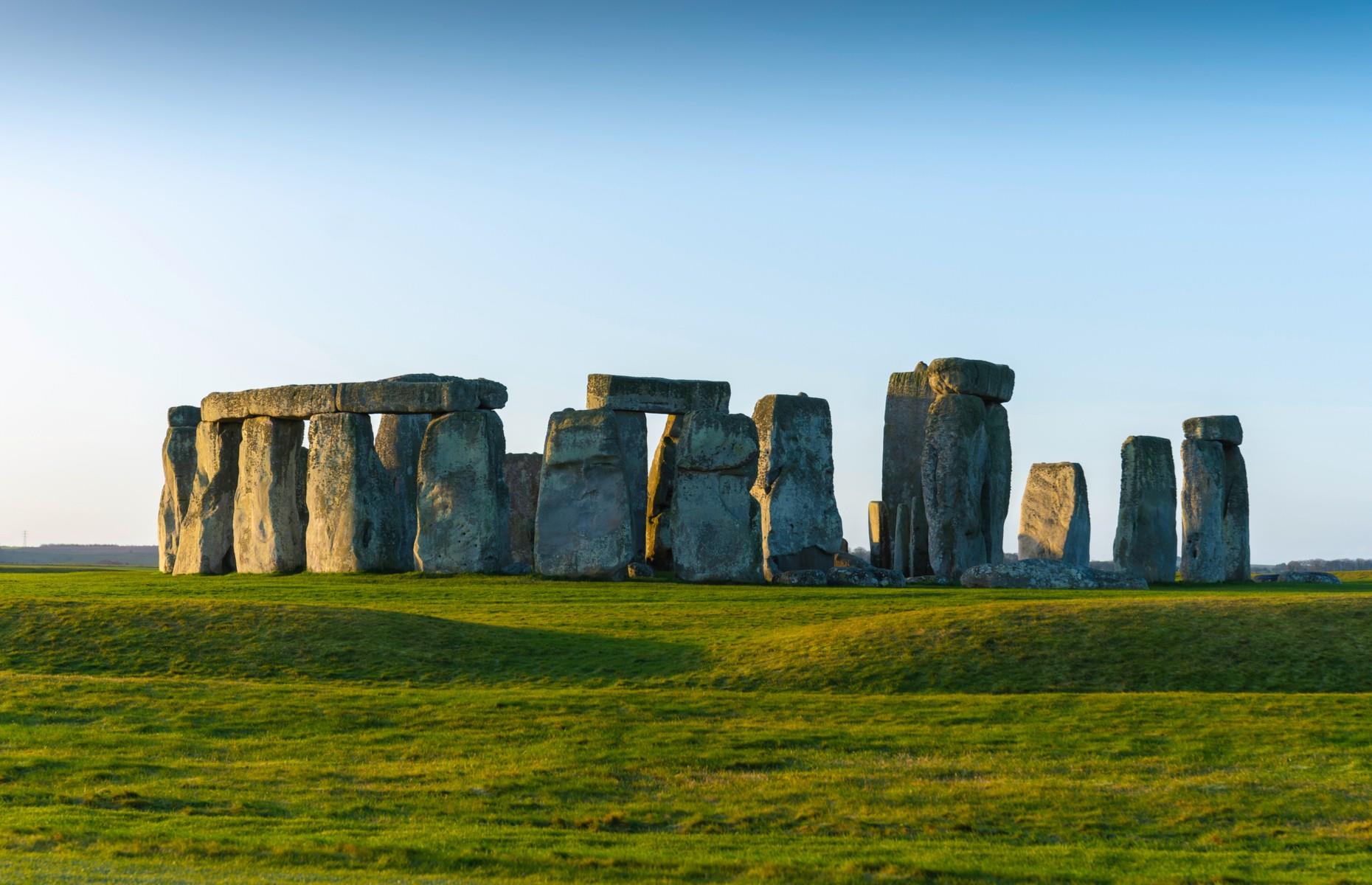
These Amazing UK Roads Offer Perfectly Scenic Drives
Landscape character assessments outside the Cotswolds Area of Outstanding Natural Beauty. Gloucestershire Landscape Character Assessments (PDF) done for Gloucestershire Council. Study of Land Surrounding Key Settlements in Cotswold District (White Consultants 2000 and updated in 2014). This was prepared to aid in the development of the Local Plan.

Cotswolds 'area of outstanding natural beauty' sign Stock Photo Alamy
The Cotswold Hills, or just the Cotswolds, are a sizeable range of low, rolling hills, underlain by oolitic limestone, stretching in a 60 mile arc from the vicinity of Bath in Somerset, northeastwards towards Banbury in Oxfordshire.The hills are protected as an Area of Outstanding Natural Beauty (established 1966), of which most, about 65%, is in Gloucestershire, with smaller areas and.
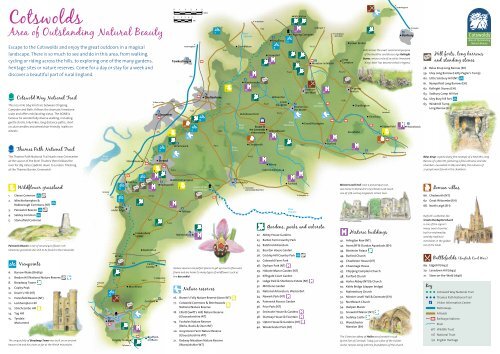
Cotswold Area Of Outstanding Natural Beauty Map Ardisj Michelle
According to AllTrails.com, there are 27 camping trails in Cotswolds Area of Outstanding Natural Beauty and the most popular is Cotswold Way: Chipping Campden to Broadway with an average 4.4 star rating from 142 community reviews. The Cotswolds AONB is the largest in England and Wales, stretching from the border regions of South Warwickshire.

15 reasons why you really should visit the Cotswolds Cotswolds, Adventure travel, Tourist
As you may know, the Cotswolds is as an Area of Outstanding Natural Beauty, established in 1966, the area covers 787 square miles, covering 6 English counties. Gloucestershire being the largest section, but also parts of Warwickshire, Worcestershire, Oxfordshire, Wiltshire & Somerset. There are currently 46 AONB's in Britain, 33 in England, the.
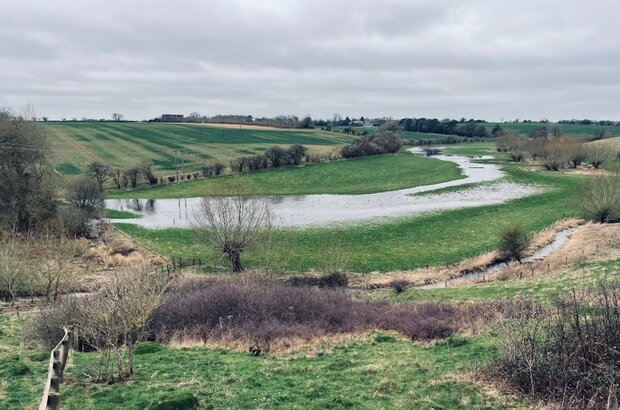
Landscape Recovery ‘We want to prove that this works and it can work
Designated an Area of Outstanding Natural Beauty in 1966, the Cotswolds is among the country's most cherished places to live, work and visit: alive with colourful and rare flora and fauna, inspiring artists and writers, and bursting with eccentric traditions. Innovation is intrinsic to its character just as much as enchanting, timeless scenes.

12 Best Places to Visit in the Cotswolds
Collaborative - we believe that great partnerships lead to better outcomes. Positive - we are excited about playing our part in building a greener future. Read our vision for the Cotswolds National Landscape here or watch the short film below. The Cotswolds Area of Outstanding Natural Beauty (AONB) is the walking and exploring capital of.

Cotswold Area Of Outstanding Natural Beauty Map Ardisj Michelle
The Cotswolds Area of Outstanding Natural Beauty has a population of 139,000 residents and attracts 38 million visitors per year. There are hundreds of guided walks, riding and cycle trails and events held by such organisations as the National Trust, the Wild Life Trust as well as by Local Authorities.

Ducks swim in the river in the Cotswold town of BourtonontheWater... News Photo Getty Images
An AONB as an Area of Outstanding Natural Beauty. The Cotswolds was designated as an AONB in 1966. AONBs were introduced in the National Parks and Access to the Countryside Act (1949) to protect areas of great natural beauty. The main purposes of AONB designation are: to conserve and enhance the natural beauty of the landscape.

The best spa hotels in the Cotswolds
The Cotswolds Area of Outstanding Natural Beauty. The Cotswolds were designated as an Area of Outstanding Natural Beauty (AONB) in 1966, with an expansion on 21 December 1990 to 1,990 square kilometres (approx. 768 sq miles). In 1991, all AONBs were measured again using modern methods. The official area of the Cotswolds AONB was increased to.
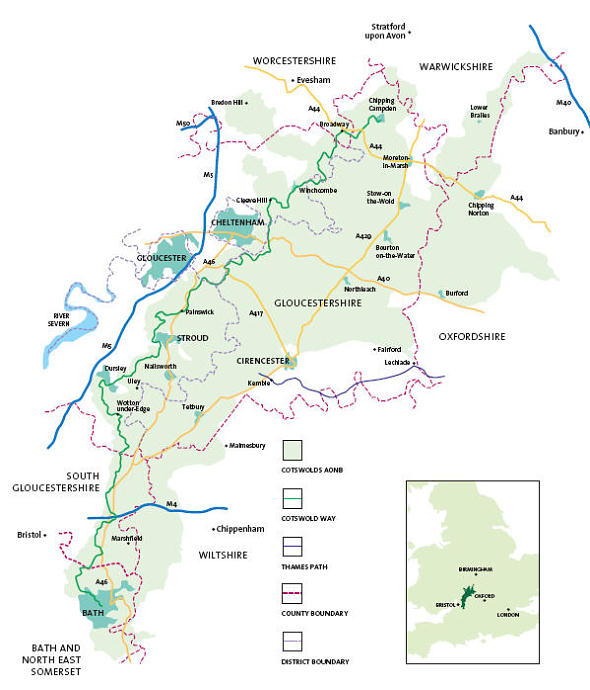
Cotswold Area Of Outstanding Natural Beauty Map Ardisj Michelle
Glorious Cotswold Grasslands Operations Coordinator. 07841 663603 [email protected]: Anna Field Glorious Cotswold Grasslands Programme Officer. 07801 656158 [email protected]
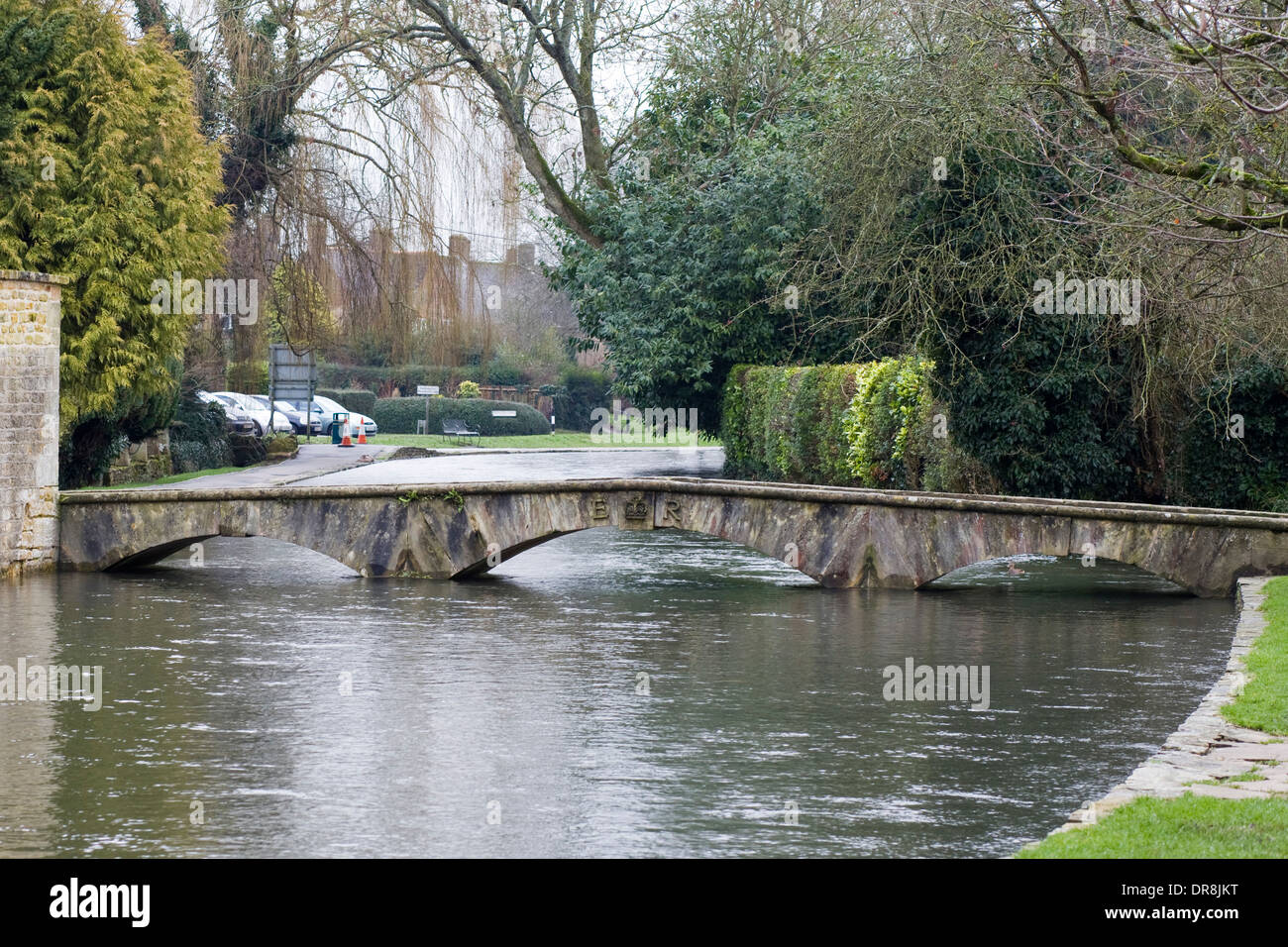
Cotswolds Area of Outstanding Natural Beauty, Village of Bourton on the water, England Stock
The Cotswolds National Landscape is a designated Area of Outstanding Natural Beauty (AONB). It is made up of 204,270 hectares spanning six counties and a variety of landscapes. In this pilot project, funded by Natural England, the aim was to investigate how an integrated approach using offline ecosystem service mapping together with an online.

17 ideas for luxurious weekend breaks in the Cotswolds
One of the most interesting facts about the Cotswolds is that, since 1966, it is a recognized Area of Outstanding Natural Beauty (AONB). This captivating area spans over 800 sq. miles (2,038 km²) and is home to the largest collection of conservation villages in the UK.

Villages of The Cotswolds Small Group Tour, London Tickets und Infos
Three of them aren't even in the area of outstanding natural beauty. The ten best Cotswolds towns according to TripAdvisor - and three of them will surprise you. Ed Stilliard. Posted: 23 July.
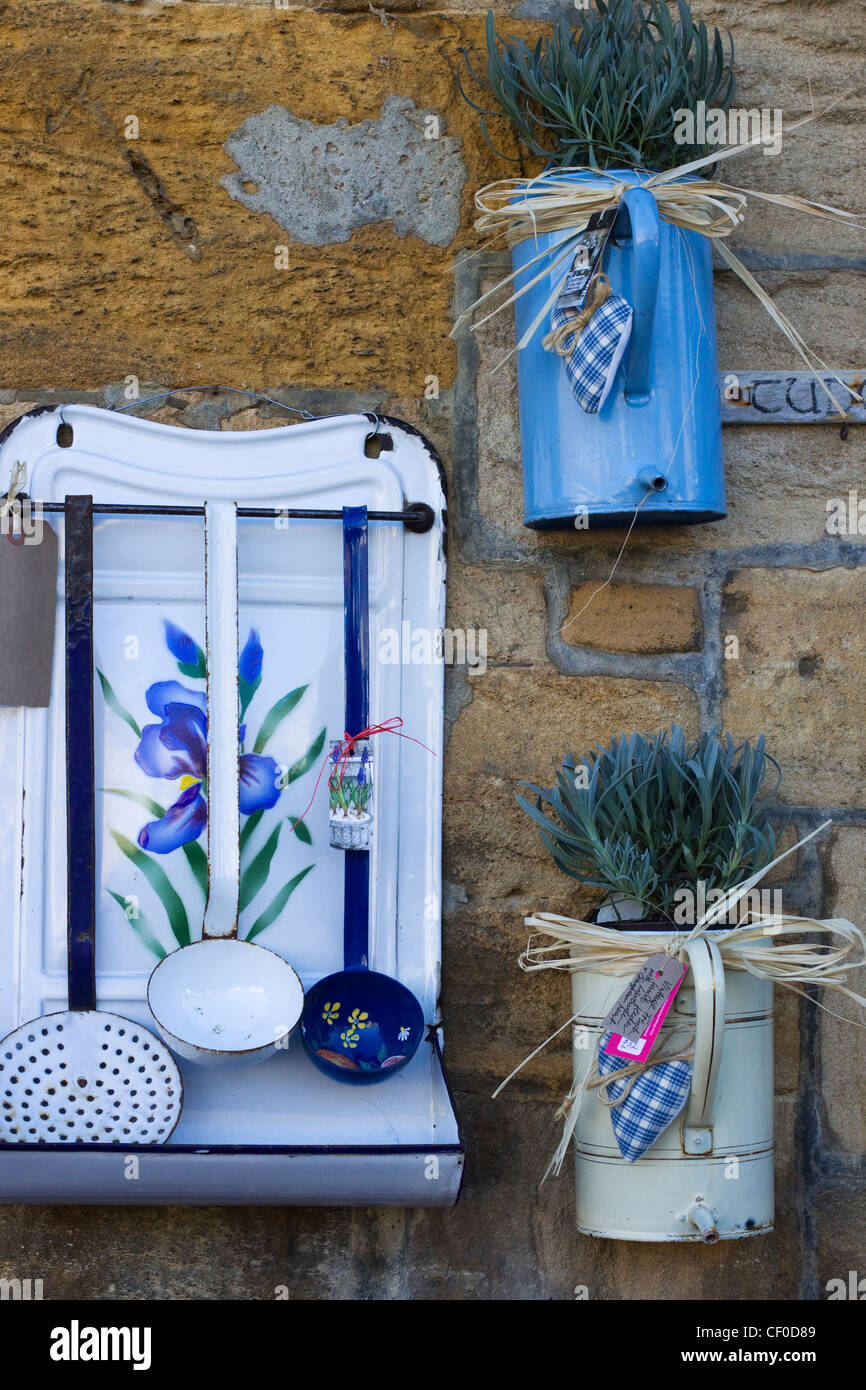
Bibury in the Cotswolds, an Area of Outstanding Natural Beauty Stock Photo Alamy
In the Cotswolds, we adopted the National Landscape name in 2020, and our legal designation as an Area of Outstanding Natural Beauty remains, and today we are excited to now also adopt a refreshed logo and brand alongside the rest of the national landscapes family.". John Watkins, Chief Executive of the National Landscapes Association says: